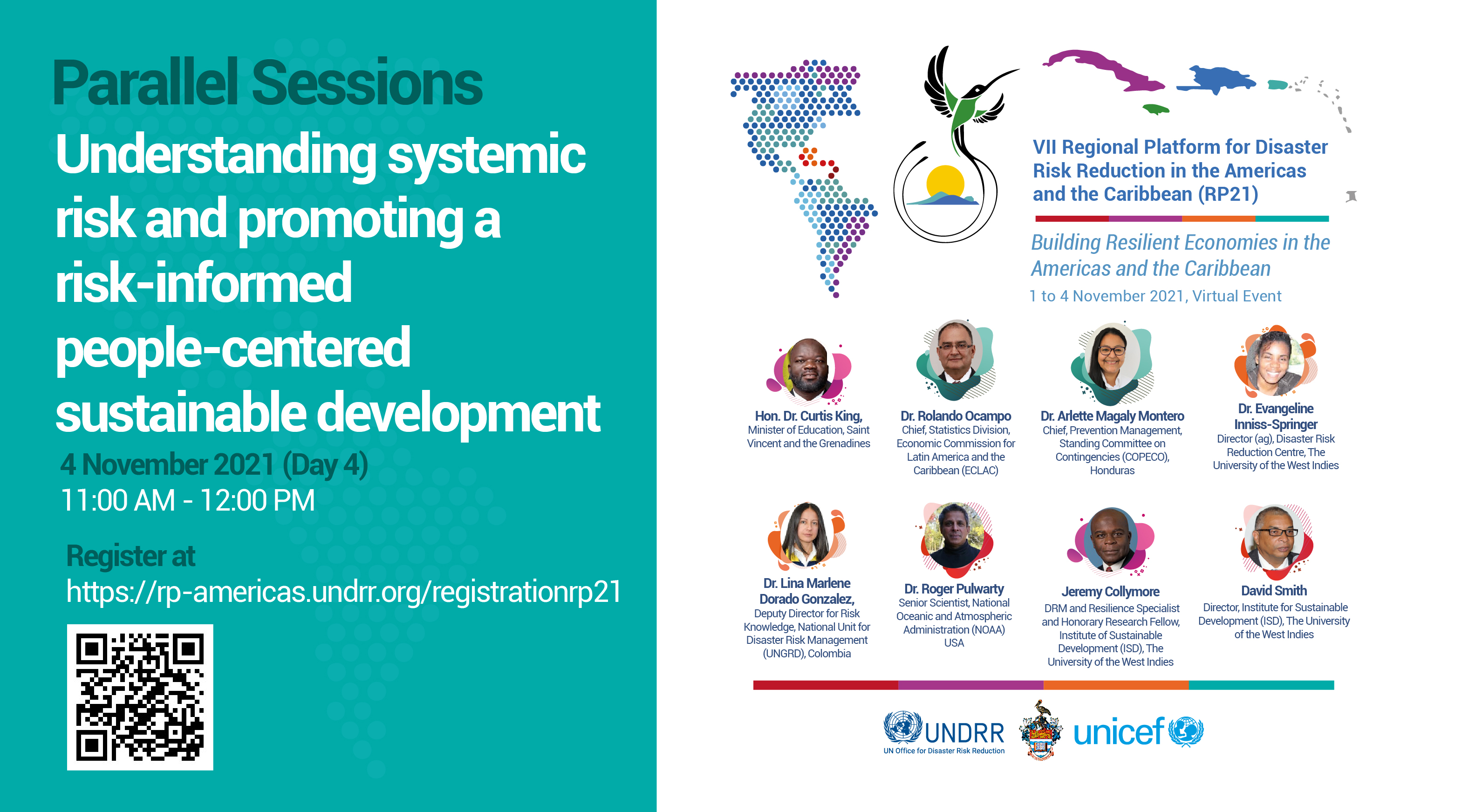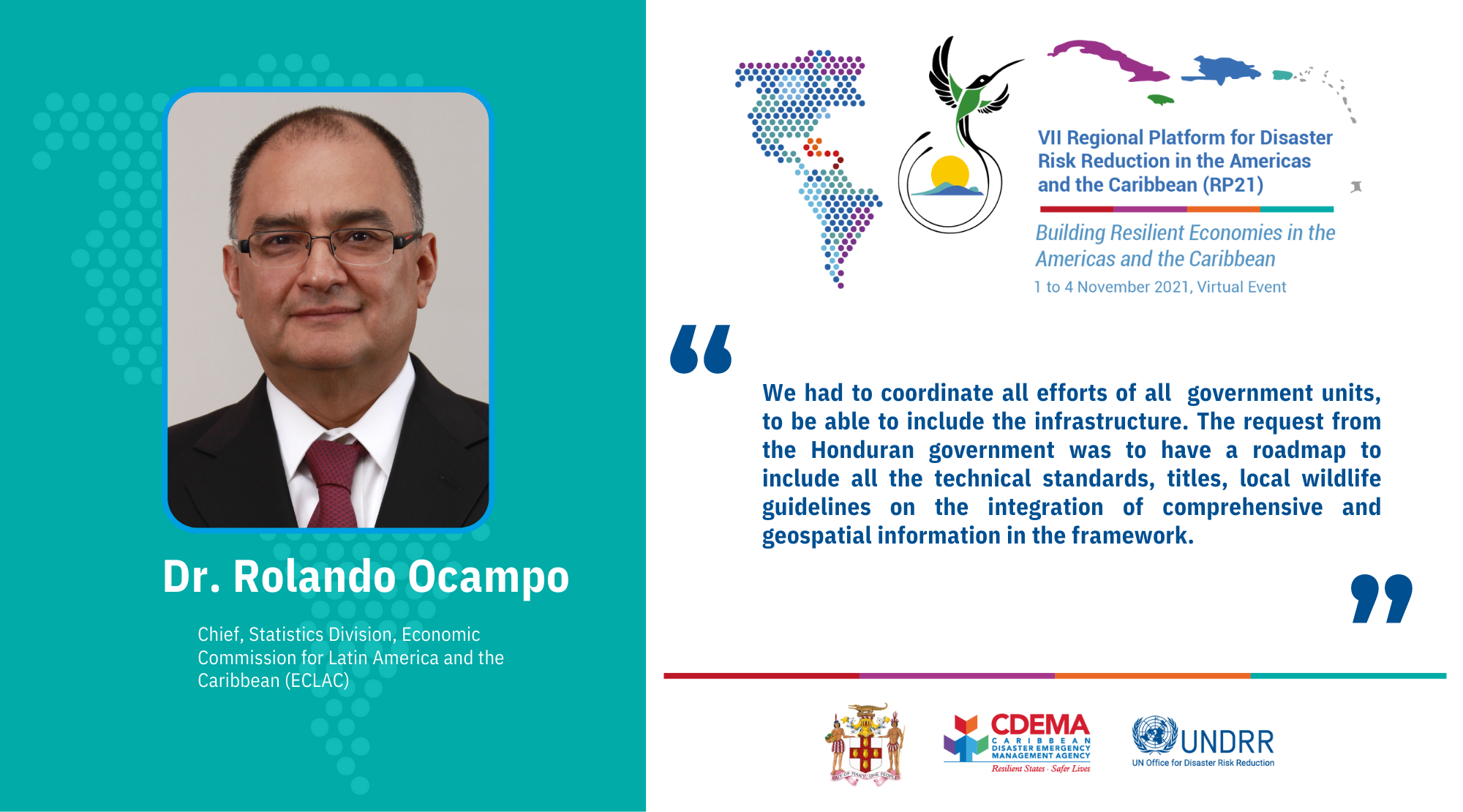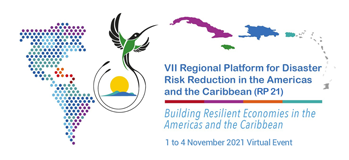Understanding systemic risk and promoting a risk-informed people-centred sustainable development

Organized by:
United Nations Office for Disaster Risk Reduction (UNDRR)
University of the West Indies (UWI)
United Nations International Children's Emergency Fund (UNICEF)
11:00-12:00 GMT-5
4 November 2021
Parallel session 8
Virtual
The nature of our globally interconnected world means shocks, stresses and crises reverberate globally and are exacerbated by the interaction between climate change, ecosystem fragility, pre-existing inequality, and political or financial instability. The current COVID-19 disaster is a vivid example of systemic compound risk. It shows us that the very nature and scale of risk has changed to such a degree that it has the potential to overwhelm established risk management approaches and the reach of institutions. Progress towards risk-informed sustainable development will only be accelerated by incorporating systems-based approaches into the design of policies and investments across all sectors and regions, and at all levels. Initiatives such as the “Caribbean Safe School Initiative” can embed systemic risk from an early stage by including DRR and resilience education. Many disasters can be avoided or prevented if there are funded strategies in place to manage and reduce existing levels of risk and prevent creation of new risks. These strategies need to not only integrate different government sectors but also different levels of government and multiple actors.
This moderated panel discussion will:
- Enhance understanding of systemic risk, its construction and deployment.
- Examine the current situation and risk factors in the Americas and the Caribbean, highlighting the interconnectedness of social, ecological, economic, and political systems.
- Promote risk-informed, people-centred sustainable development that recognizes the systemic nature of risk and interconnectedness of systems.
Panelists

Hon. Curtis King
Minister of Education, Saint Vincent and the Grenadines

Rolando Ocampo
Chief, Statistics Division, Economic Commission for Latin America and the Caribbean (ECLAC)
.png)
Arlette Magaly Montero
Chief, Prevention Management, Permanent Contingency Commission of Honduras (COPECO)
Evangeline Inniss-Springer
Director (ag), Disaster Risk Reduction Centre, University of the West Indies
.png)
Lina Marlene Dorado Gonzalez
Deputy Director for Risk Knowledge, Unidad Nacional para la Gestión del Riesgo de Desastres (UNGRD), Colombia

Roger Pulwarty
Senior Scientist, National Oceanic and Atmospheric Administration (NOAA)

Jeremy Collymore
DRM and Resilience Specialist and Honorary Research Fellow, Institute of Sustainable Development (ISD), The University of the West Indies
David Smith
Director, Institute for Sustainable Development (ISD), The University of the West Indies
Session information
Format
Session type: Panel
Who can attend: Registered participants
Interpretation
English, Spanish, French
Accessibility
International sign language
Closed captions
Accessible room


